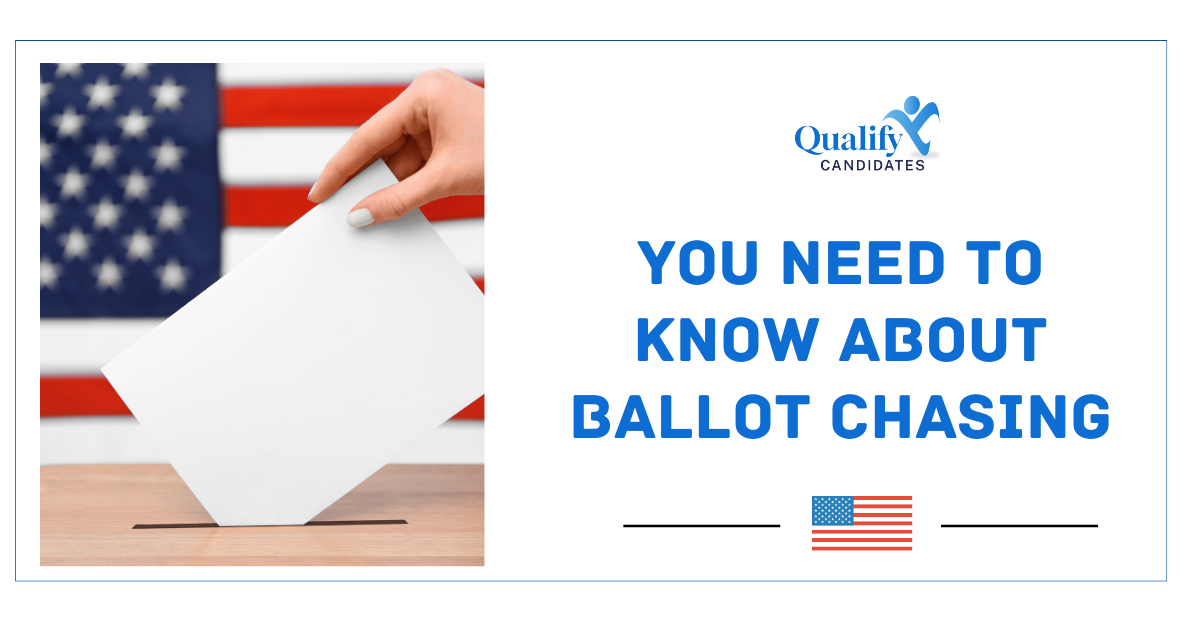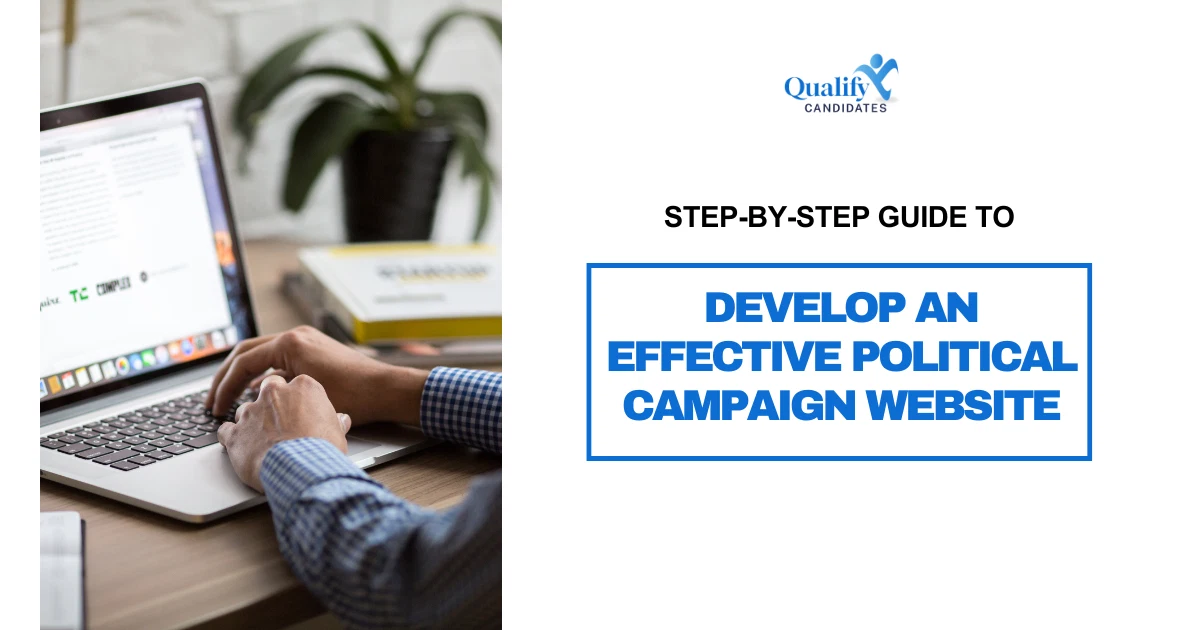Picture this- a group gathered to discuss the present bad road conditions in a small town in the USA. Jack, one of the community members, suggested that they start a petition to attract the attention of the local government to take prompt action. However, some residents asked, “What is a petition and how does it work”?
Moving forward, Jack defined the role of petition, and the group agreed that it was an excellent idea. Accordingly, they signed the petition forms and submitted them to the local government. Within a few days, the road construction work started to eliminate the bad road issue.
That’s the power of a petition!
If you still don’t know about the petition and how it influences society, this blog is meant for you! Continue reading to gain more knowledge.
What is a Petition?
According to Investopedia, a petition is a legal written document directed to either an individual, legislative or an individual. This is the process of collecting signatures from individual citizens seeking either compensation/grievance/ requesting a favor from the local government. Once a lawsuit is filed, it passes through a series of stages before getting resolved.
A petition can also be a legal document requesting a formal court order. If there is a complaint along with the petition, it’s considered as pleading at the start of the lawsuit.
What’s the Purpose of Filling a Petition?
The objective of filling a petition is to request an organization or a government body to take certain action based on the filed issue. A petition can be signed by an individual or group seeking relief from certain conditions. Here are a few common reasons for filing a petition-
- To Redress a Specific Issue– A petition can help a community get relief from any consistent untoward situation causing difficulties in daily life.
- To Start Legal Proceedings– If you want to initiate legal action about any particular case, then a petition can be helpful to perform legitimately.
- To Challenge a Verdict– You can file a petition to challenge the decision made by any administrative or government agency.
How Does a Petition Work?
The working procedure of a petition may vary depending on the nature of the filings and the jurisdiction. However, some general steps need to be followed:
Step 1- Filing the Petition
First and foremost, the party should approach a lawyer or a firm to develop the petition’s first draft. This encompasses finishing the specific form while providing data about the nature of the petition request.
Step 2- Serving a Petition Copy
Once the first step is done, then the petitioner should serve a petition copy to other parties. This will ensure that the other party is aware of the case and can respond accordingly.
Step 3- Filing a Response
Once the petition has been served, the other parties have the time to file a response. However, may agree or disagree with the petition request.
Step 4- Sending Petition to The Court
Once the petitions are collected from all the parties involved, it’s being sent to the court.
Step 5- Waiting for the Hearing Date
It’s time to wait for the hearing date announcement, where the governing bodies will hear the arguments from both sides and decide.
Step 6- Accepting Court Order
After listening to both parties’ statements, the court issues an order encapsulating the line of action that needs to be taken. The order should be followed by all the parties involved in the case.

How a Petition Can Influence Societal Change?
Petitions are the tool to bring constructive societal changes, which influence people’s decisions about certain things. Here is why:
1. Creates Awareness
As more people sign a petition, the chances of spreading get higher. Moving forward, it develops an awareness among the community regarding the most pressing issue.
2. Raises Voice
Petitions enable individuals to amplify their voices to be heard. This is essential for the issues that aren’t covered by the media generally.
3. Encourages Action
Petitions are meant to encourage community members to act based on the concerning issues. They may take steps including contacting elected officials, organizing protests or helping the organizations working on the issue.
4. Develop a Community
Once the people sign a petition, they feel more valued. This motivates them to spread the word about the petition, which revolves around an issue. The entire procedure brings the community members close to each other, followed by creating more opportunities to share their opinions.
5. Persuades Policy Makers
Accumulating signatures motivates policymakers to take action. This may involve changing policies, passing legislation or allocating resources to address the specific concerns.
FAQS
1. How to Collect Signatures for a Petition?
From understanding the cause to submitting the petition, a few steps are involved in this process. Once done right, it can bring significant change in the society.
2. What are Some Common Types of Petitions?
There are multiple petitions, including social, political, personal, consumer and legal.
3. Who can File a Petition?
A petition can be filed by any organization or individual which meets the legal requirements for filing a petition.
It’s More than Achieving Your Political Goal!
At Qualify Candidates, we respect your political agendas. This may need a helping hand to help you with intricate issues like filing a petition, signature gathering etc. Our experienced team is always ready to go the extra mile to serve you better. Visit our website today to know more.












